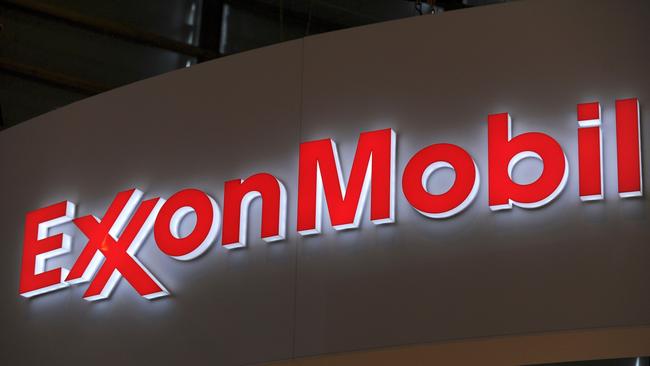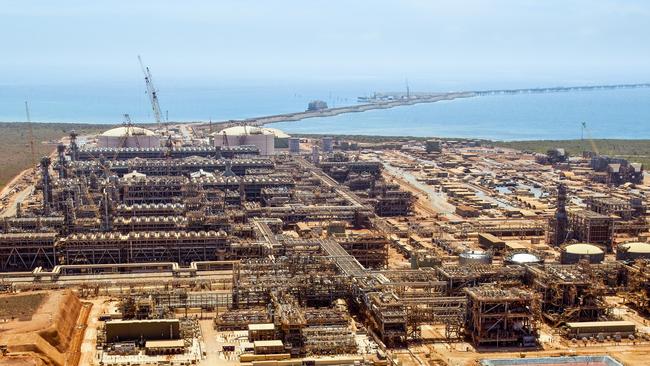Exxon rejects calls for a super-profits tax after paying corporate tax for first time in a decade
ExxonMobil will pay corporate tax for the first time in nearly a decade and hit back at calls for a super profits tax, pointing to a jump in its petroleum resource rent tax payments.

ExxonMobil has rejected calls for a super-profits tax, saying its $740m in petroleum resource rent payments showed Australia already had a windfall tax in place for the nation’s oil and gas sector.
The US energy major also said it had paid corporate tax for the first time in nearly a decade after a period of high oil and gas prices this year inflated the industry’s balance sheets and produced huge profits, amid market chaos due to Russia’s war on Ukraine.
Exxon’s Australian arm said it had paid $740m in petroleum resource rent tax for the year ending June 2022 – including $260m for the last quarter – compared with $423m for the previous year.
The $260m sum “is almost as much as paid for the entire 2020 tax year when oil prices turned negative during the height of the pandemic and the company experienced significant losses,” Exxon said in a statement.
Several of Australia’s big energy companies, including Exxon and Chevron, have been touting their tax payments amid calls from unions and the Greens for a super-profits tax to exploit surging earnings for the local industry from sky-high LNG prices.
The European Union this week proposed a $US140bn windfall tax on energy companies to help households pay soaring electricity and gas bills, while British politicians approved a 25 per cent windfall tax on North Sea oil and gas producers in July.

Producers think the Albanese government could impose a super profits tax on oil and gas companies, but believe it is unlikely because it would discourage new supply in the market.
The PRRT applies to profits from petroleum projects but allows companies to deduct exploration costs and expenses before they hit production, meaning many large producers can carry over concessions from year to year. Exxon said it was working as intended. “This PRRT uplift in response to changing market conditions demonstrates that Australia’s longstanding petroleum windfall tax – the PRRT – is working and meeting its objective as a super profits tax,” it said.
The energy company in May declared it would resume paying corporate tax for the first time in nearly a decade due to booming commodity prices. It now says it will pay $750m in corporate tax for the year ending December 31.
Its 2022 results will be filed in early 2023 as it operates on a calendar year. It posted a $1.57bn profit after tax for the 2021 financial year, after its earnings were hammered the year before by a Covid-19-inspired crash in oil and gas markets, which saw it scrape a slim $69m profit.
The company has been among the energy majors criticised for paying little or no corporate tax because they have been able to claim deductions for exploration and investments in Australia.
However, Exxon said it will now return to paying income tax in the 2022 financial year based on current commodity prices, after a near decade-long absence.
Exxon remains one of eastern Australia’s biggest gas players, with Woodside its new partner in Victoria’s Bass Strait following its merger with BHP Petroleum.
Exxon in March pulled the trigger on a $400m investment in expanding gas development in the Gippsland Basin, in a move aimed at shoring up supplies for Australia’s southern states, and plans to develop a major offshore carbon capture and storage project for Victoria’s Gippsland Basin, the latest push by the oil and gas industry to boost its green credentials.
The US giant railed against potential intervention in the energy sector in June as the Albanese government weighed a response to the energy crisis, including gas reservation and changing a trigger mechanism limiting LNG exports.
Exxon said there was already enough supplies flowing and sees no need to follow the example of Western Australia which requires 15 per cent of gas reserves at LNG export projects to be set aside for use within the state.




